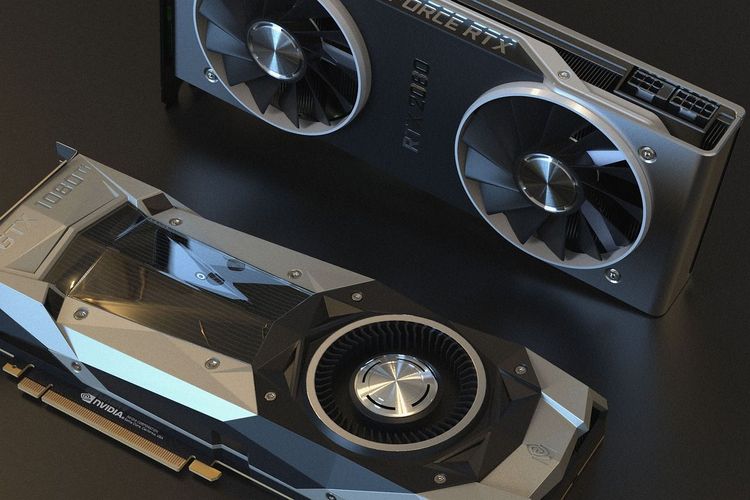Get Ready for AI in Your Next TV: It's Coming, Whether You Like It or Not
Most people like

Discover the exciting world of AI face swapping, a cutting-edge technology that allows you to effortlessly swap faces in photos and videos. This innovative tool leverages advanced artificial intelligence to create seamless and realistic transitions, enabling you to transform your visual content with just a few clicks. Whether you're looking to enhance your social media posts, create engaging memes, or experiment with creative projects, AI face swap technology opens up endless possibilities for personalization and fun. Dive into the future of visual editing today!

In today's fast-paced academic landscape, researchers are constantly seeking innovative solutions to streamline their work and enhance the visibility of their findings. AI tools and specialized publication services are revolutionizing the way scholars prepare, publish, and promote their research. This guide explores the best AI tools and publication resources available to help researchers maximize their impact and efficiency in the ever-evolving world of academic publishing.

TextCortex is an innovative AI assistant designed to transform your writing, research, and communication processes. With its customizable features, it empowers users to enhance their productivity and creativity like never before.

In today's fast-paced digital world, the rise of artificial intelligence (AI) has transformed how we shop online, particularly when it comes to clothing. Virtual try-on technology allows consumers to visualize how clothes would look on them without leaving their homes, enhancing the shopping experience. This innovative solution is changing the way people approach fashion, making it easier and more enjoyable to find the perfect outfit. With advancements in AI, virtual fitting rooms are becoming essential tools for retailers and customers alike, bridging the gap between physical and online shopping.
Find AI tools in YBX



